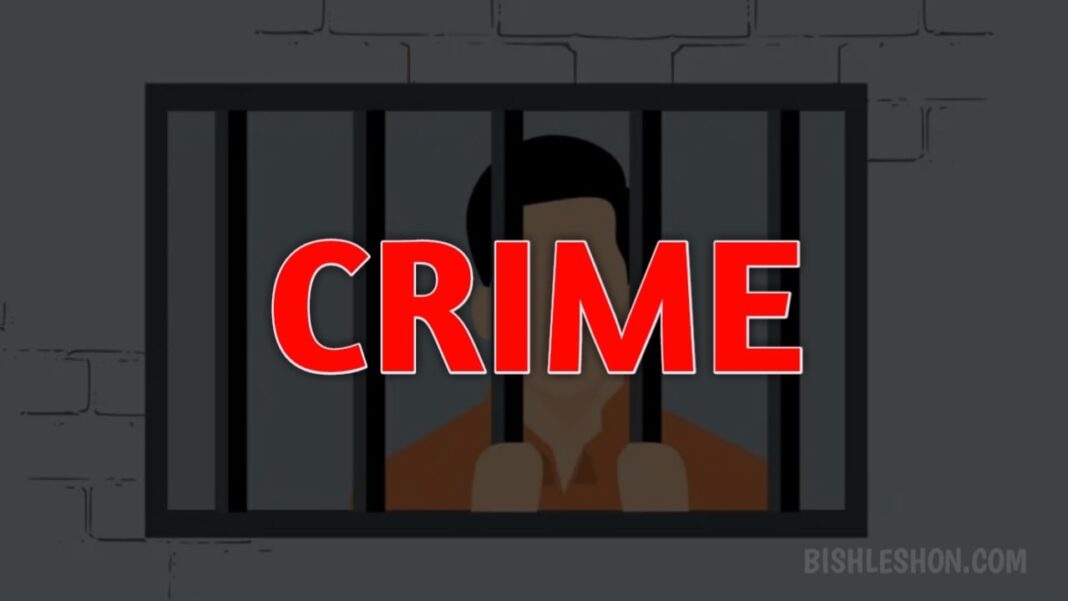Crime is a complex phenomenon that has intrigued scholars and researchers across various disciplines. Sociology and criminology are two distinct academic disciplines that study crime from different angles, each offering unique insights into the causes, consequences, and understanding of criminal behavior. This article aims to compare and contrast crime in sociology and crime in criminology, shedding light on the divergent perspectives and approaches taken by these disciplines. By examining the similarities and differences between these fields, we can gain a deeper understanding of crime and its societal implications.
Crime in Sociology Vs. Crime in Criminology
| # | Aspect | Sociology | Criminology |
|---|---|---|---|
| 1 | Definition | Views crime as a social construct. | Emphasizes the legal definition of crime. |
| 2 | Focus | Studies the social causes and context of crime. | Concentrates on criminal behavior and its study. |
| 3 | Theory | Incorporates sociological theories of crime. | Utilizes criminological theories of crime. |
| 4 | Methodology | Relies on qualitative and quantitative methods. | Employs empirical research and statistical data. |
| 5 | Perspective on Criminals | Considers criminals as products of society. | Examines criminals as individual actors. |
| 6 | Impact on Society | Explores crime’s impact on social structures. | Examines crime’s impact on law enforcement. |
| 7 | Social Factors | Considers social factors as influential. | Emphasizes individual and psychological factors. |
| 8 | Legal System | Critically examines the legal system’s role. | Focuses on the criminal justice system’s function. |
| 9 | Deviance and Norms | Studies deviance in relation to societal norms. | Explores criminal behavior as a form of deviance. |
| 10 | Policy Implications | Offers recommendations for social change. | Provides input for criminal justice policies. |
| 11 | Sociology of Law | Explores the interaction between law and society. | Examines the law’s role in crime prevention. |
| 12 | Community and Crime | Investigates the influence of community on crime. | Considers community crime prevention strategies. |
| 13 | Social Inequality | Examines crime in the context of inequality. | Explores crime’s relationship with social inequality. |
| 14 | Research Focus | Considers broader social phenomena related to crime. | Focuses on specific criminal behaviors and patterns. |
| 15 | Historical Perspectives | Traces crime patterns across different eras. | Explores the history of criminological thought. |
| 16 | Victimology | Analyzes the role and impact of victims. | Studies victims and their experiences. |
| 17 | Role of Criminal Justice | Critiques the criminal justice system. | Studies the workings of the criminal justice system. |
| 18 | Restorative Justice | Explores alternative approaches to punishment. | Focuses on the rehabilitation of offenders. |
| 19 | Social Control | Examines the mechanisms of social control. | Considers the role of punishment and deterrence. |
| 20 | Global Perspectives | Considers crime within a global context. | Analyzes crime on a national and local level. |
While sociology and criminology both study crime, they approach the subject from distinct perspectives and methodologies. Sociology views crime as a social construct influenced by various societal factors, examining its impact on social structures and advocating for social change. Criminology, on the other hand, focuses on individual criminal behavior, utilizing criminological theories and empirical research to understand patterns and develop criminal justice policies. By integrating insights from both disciplines, a comprehensive understanding of crime can be achieved, addressing the societal roots and individual motivations behind criminal behavior. Ultimately, the collaboration between sociology and criminology is crucial in effectively addressing crime and promoting a just and safer society.
Bibliography
- Adler, F., Mueller, G. O., & Laufer, W. S. (Eds.). (2020). Criminology: Theories, patterns, and typologies. Oxford University Press.
- Calhoun, C., Gerteis, J., Moody, J., Pfaff, S., & Virk, I. (Eds.). (2017). The contemporary American crime novel: Race, ethnicity, gender, class. University of California Press.
- Macionis, J. J., & Plummer, K. (2018). Sociology: A global introduction. Pearson.
- Schmalleger, F. (2020). Criminology today: An integrative introduction. Pearson.
- Siegel, L. J., & Worrall, J. L. (2018). Essentials of criminal justice. Cengage Learning.



 For all latest articles, follow on Google News
For all latest articles, follow on Google News